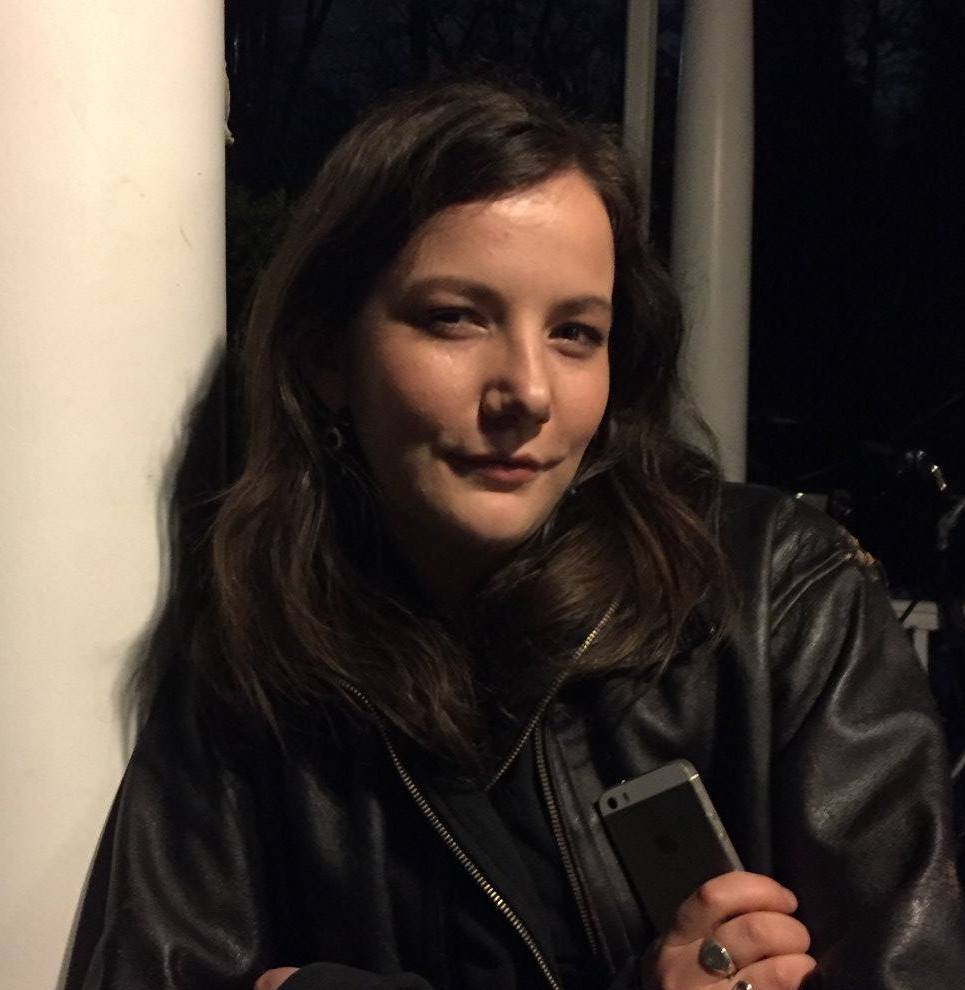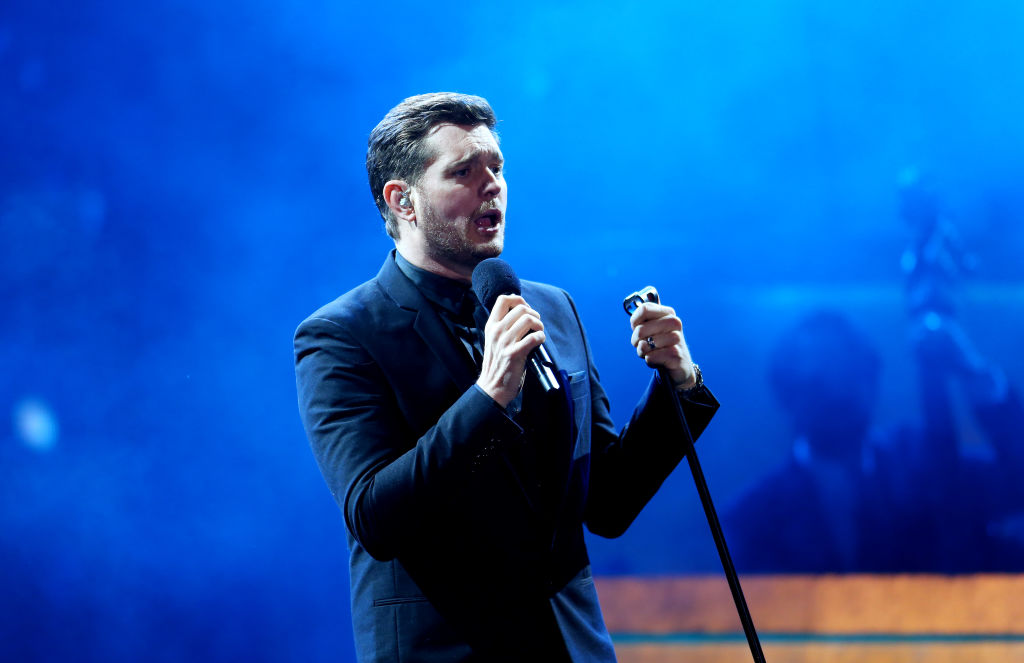Michael Bublé has won four Grammy awards and sold 75 million records worldwide. But this week he drew attention for something other than his music. Bublé gave a vulnerable, wise, and inspiring interview to the Daily Mail, in which he discussed his five-year-old son Noah’s cancer diagnosis and what’s really important in life. (Bublé and his wife of seven years, Argentinian model and actress Luisana Lopilato, have three children: Noah, Elias, two, and daughter Vida, who’s 11 weeks old.)
Noah is now cancer free, but the impact of dealing with the illness has permanently changed Bublé’s career, values, and concept of himself.
He described how the trauma of the cancer diagnosis was shattering: “You just want to die,” he said. “I don’t even know how I was breathing.” But Bublé also found that it helped him question, and then clarify his priorities. “Let’s just say we find out who we are with these things,” he noted in the interview. Working through the pain meant working through what really mattered: “I didn’t question who I was, I just questioned everything else. Why are we here? Is this all there is? Because if this is all there is, there has to be something bigger.” To figure out how and where to find his values, he had to take a hard look at his past — and particularly, at his career.
“When this terrible news came in I realised I wasn’t having fun in the music business. I’d lost the joy at some point,” he said. He told the Daily Mail that he had become anxious about living up to external measures of success: “I’d started to worry about ticket sales for my tours, what the critics said, what the perception of me might be… I’d become desperate to hold onto something I thought I might be losing, and I thought I had to do something special to keep it.”
These realizations he came to were not easy, nor fun: “The diagnosis made me realise how stupid I’d been to worry about these unimportant things. I was embarrassed by my ego, that it had allowed this insecurity.”
But the changes he made in response to those realizations are both wise and practical, and we could all take in some of that wisdom:
Pinpoint the anxieties that are tying you to the trivial, and get some distance from them
For Bublé, that meant taking a step back from the external metrics of success that haunt a professional performer’s career. “I decided I’d never read my name again in print, never read a review, and I never have.” In other career fields, this distance might look different, but the message holds true — figure out what stressors are keeping your concerns centered around trivial (or uncontrollable) parts of your work, and distance yourself from them. That’s what Bublé realized he had to do: “The celebrity narcissism. I started to crumble. But then I started to wonder why I wanted to do this in the first place. I’d forgotten that it’s about souls connecting, because I’d become so anxious.”
Bublé also took himself off of social media as part of this distancing technique: “I decided I’d never use social media again, and I never have,” he said. If you find the stress of social media has directed too much of your mental energy towards trivial concerns, this may be a tactic that’s worth trying, or experimenting with for a set period of time.
Remember your own worth (and your own strength)
Bublé struggled with feelings of insecurity, he told the Daily Mail “I was insecure. I’d been learning from my heroes for so many years, but even though I was learning with passion I was afraid I’d become a mere poor-quality photocopy of my heroes,” he revealed. The tragedy he went through, and the realignment of priorities that it marked for him, led to a reassessment of these fears: “When I came back from this terrible time I realised I’m not a mere photocopy. I’ve learned everything I can [from my heros], taken it and found it in my own soul, my own voice, my own style and now no critic can take that away,” he said. When impostor syndrome strikes, it’s important to remember that you have worth, talent, and contributions to make that are all your own.
Stop worrying about what you could lose, and enjoy where you are
Even once you’ve achieved impressive professional success like Bublé, it can be hard to feel content with where you are — if for no other reason than that you’re worried about slipping backwards: “After ten years of trying to get here and five years of being scared it would go away, I think I can enjoy it,” Bublé said in the interview. Following his example and appreciating where you are in life can help combat those anxieties about the future.
Follow us on Facebook for all the latest news on how you can keep Thriving.
More from Thrive Global:
8 Things You Should Do After 8 P.M. If You Want to Be Happy and Successful


